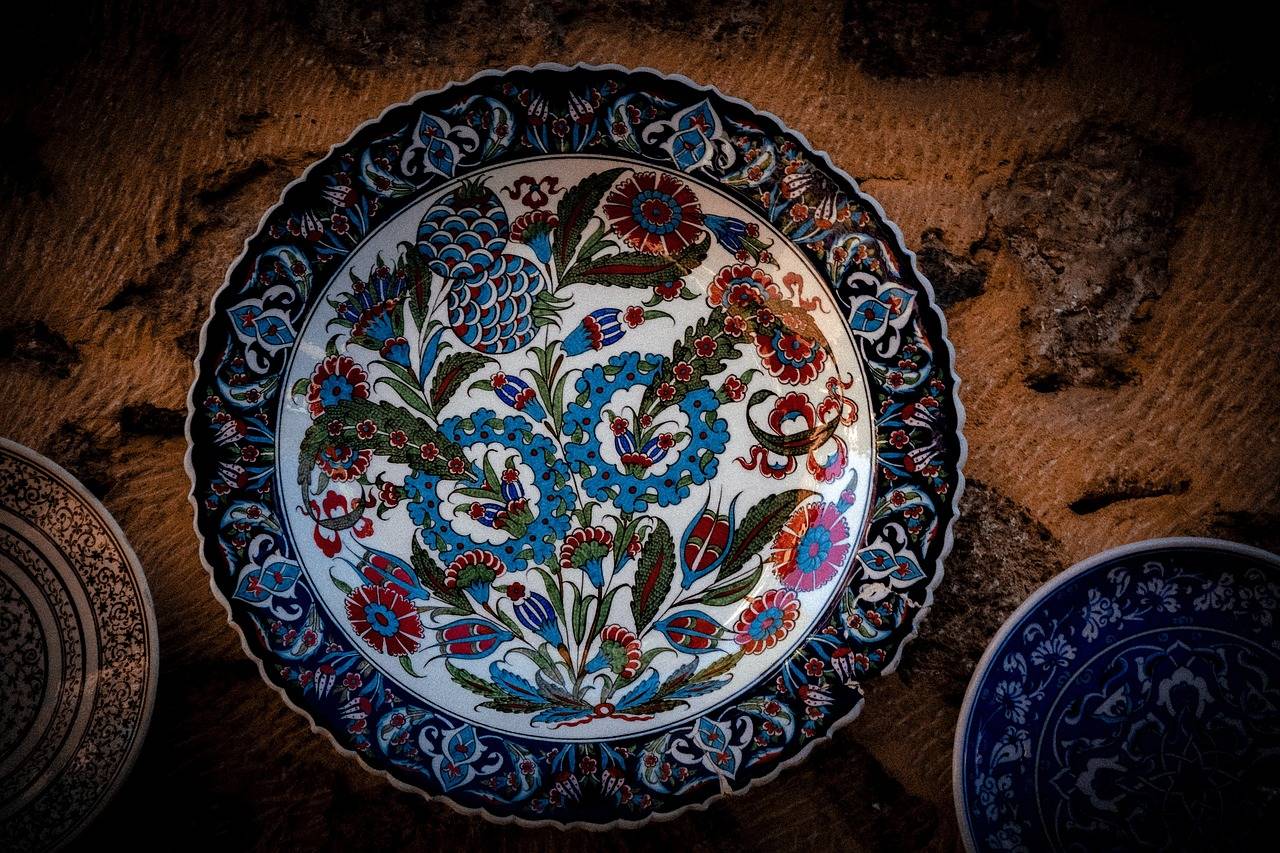The Science of Kitchenware Maintenance: Best Practices for Longevity
all pannel.com, play99, golds 365: Cooking is an art that requires the right tools in the kitchen. Whether you are a seasoned chef or a novice cook, taking care of your kitchenware is essential to prolong their lifespan. Proper maintenance not only prevents damage but also ensures that your kitchen tools function at their best. In this article, we will delve into the science of kitchenware maintenance and provide you with the best practices for longevity.
Cleaning: The Key to Longevity
One of the most important aspects of maintaining your kitchenware is proper cleaning. After each use, make sure to wash your utensils, pots, and pans with warm, soapy water. Avoid using abrasive cleaners or harsh chemicals, as they can damage the surface of your kitchenware. For tougher stains, soak the affected items in a mixture of water and baking soda before scrubbing gently.
Drying: Preventing Rust and Corrosion
Once you have cleaned your kitchenware, it is crucial to dry them thoroughly to prevent rust and corrosion. Use a dish towel to dry off your utensils and cookware immediately after washing. Avoid air-drying, as water droplets can lead to the formation of rust spots on metal surfaces. For pots and pans, store them upside down to allow excess moisture to escape.
Storage: Organize for Protection
Proper storage is another key aspect of kitchenware maintenance. To prevent scratches and dents, store your utensils and cookware in designated areas. Hang your pots and pans on a rack to prevent them from getting stacked on top of each other. Silicone or cork drawer liners can also help protect your kitchenware from damage while stored away.
Sharpening: Ensuring Cutting Edge Performance
Sharp knives are essential tools in the kitchen, but they can become dull over time with regular use. Invest in a quality knife sharpener to maintain the sharpness of your blades. A sharpened knife not only improves cutting performance but also reduces the risk of accidents in the kitchen.
Seasoning: Preserving Non-Stick Surfaces
If you own cast iron or non-stick cookware, seasoning is crucial to preserving their surfaces. Seasoning involves applying a thin layer of oil and heating it to create a protective layer that prevents rust and maintains the non-stick properties of the cookware. Follow the manufacturer’s instructions for seasoning your kitchenware regularly.
FAQs
Q: Can I put my kitchenware in the dishwasher?
A: While some kitchenware is dishwasher safe, it is always best to hand wash your utensils and cookware to prolong their lifespan.
Q: How often should I sharpen my knives?
A: Knives should be sharpened regularly, depending on the frequency of use. As a general rule of thumb, sharpen your knives every 3-6 months.
Q: What is the best way to clean stainless steel pots and pans?
A: To clean stainless steel cookware, use a mixture of warm water and mild detergent. Avoid using abrasive cleaners that can scratch the surface.
In conclusion, proper maintenance of your kitchenware is essential for longevity and optimal performance. By following these best practices, you can ensure that your utensils, pots, and pans last for years to come. Happy cooking!







